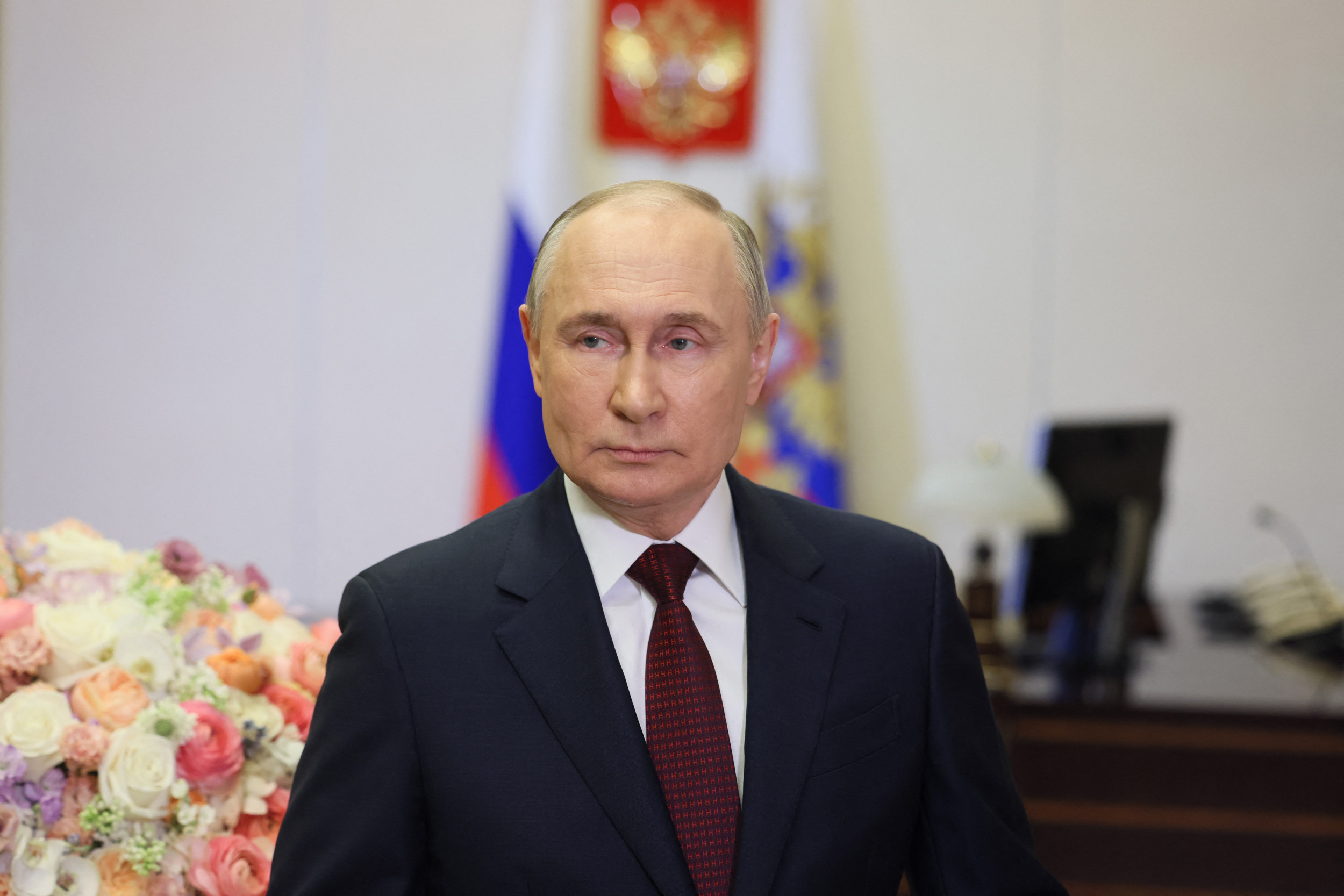Vladimir Putin is poised to maintain his grip on power in Russia’s upcoming presidential election, as indicated by state-run polling agencies. The latest surveys suggest that the primary question revolves around the magnitude of his anticipated majority.
Nonetheless, while Putin’s victory appears certain, the specific details of the election results, particularly turnout figures, may offer insights into the extent of underlying dissent within the increasingly authoritarian state.
Early voting commenced on February 26 in remote regions of Russia, with citizens across 11 time zones set to cast their votes between Friday and Sunday. Putin is widely expected to secure victory and embark on a fifth presidential term extending until 2030.
In December, during a meeting with veterans of the Ukraine conflict, Putin announced his intention to stand for reelection, a move unsurprising to many given his spokesperson Dmitry Peskov’s earlier assertion that Putin would face “no competitors” in the ballot.
Putin (Credits: Getty Images)
This forecast of a lack of genuine competition seems to be holding true, according to surveys conducted by state-run agencies. However, the results are likely to be influenced by restrictions on freedoms and a crackdown on dissent, factors that have intensified since the onset of the conflict.
A survey conducted by the state-run Russian Public Opinion Research Center (VCIOM) on March 2 and 3, polling 1,600 adults, revealed that 75 percent of respondents expressed support for Putin. Other candidates, all of whom align with the Kremlin and espouse policies broadly in line with Putin’s, lagged far behind.
Vladislav Davankov from the New People Party garnered 6 percent support, Nikolai Kharitonov from the Communist Party received 4 percent, and Leonid Slutsky from the Liberal Democratic Party secured 3 percent. The survey’s margin of error was 2.5 percent.
Similar findings emerged from VCIOM’s February poll, where Putin enjoyed the support of 75 percent of respondents, while Davankov, Kharitonov, and Slutsky received 5 percent, 4 percent, and 4 percent respectively.
Another survey conducted by the Center of Studies of Russia’s Political Culture (CIPKR) in January found Putin with 60 percent support, compared to Davankov’s 0.3 percent, Kharitonov’s 4 percent, and Slutsky’s 3 percent.
Notably, former State Duma Deputy Boris Nadezhdin, a presidential candidate at the time, garnered 7 percent support. However, Nadezhdin was later disqualified from running on February 8 due to alleged irregularities in the signatures supporting his candidacy, as determined by Russia’s Central Election Commission (CEC).
The significance of turnout in this election is paramount for Putin’s regime. While he faces no substantial opposition, a high turnout would bolster claims of legitimacy for his rule.
However, critics argue that the removal or disqualification of potential opponents, coupled with constraints on political freedoms, undermines the integrity of the electoral process.
Aleksei Miniailo, a Russian opposition politician, emphasized that it’s not the election results themselves but the aspirations of the Russian people that merit attention. He cited polling indicating a desire for political change, particularly a shift away from Putin’s policies towards diplomatic solutions and domestic reforms.
Putin, who first assumed the presidency in 2000, has wielded considerable power over the past two decades. Constitutional amendments now pave the way for extended presidential terms, potentially allowing him to remain in office until 2036, surpassing even Joseph Stalin’s tenure as the longest-serving Russian leader in recent history.
